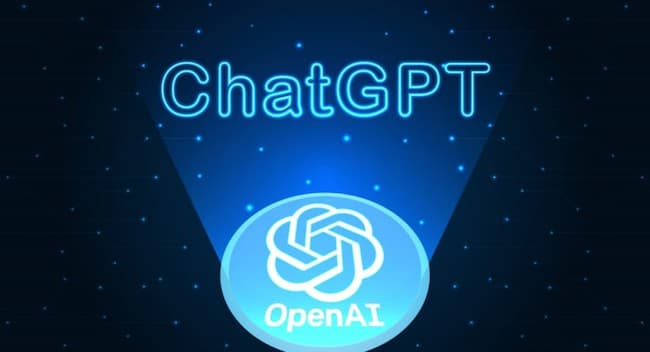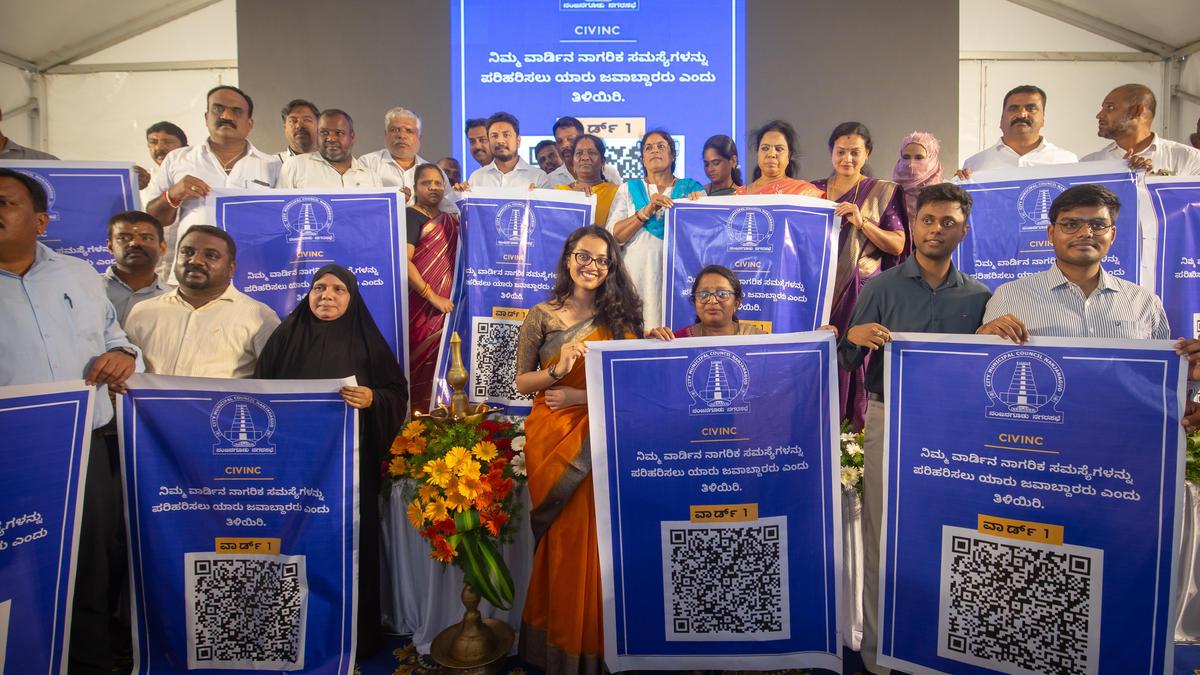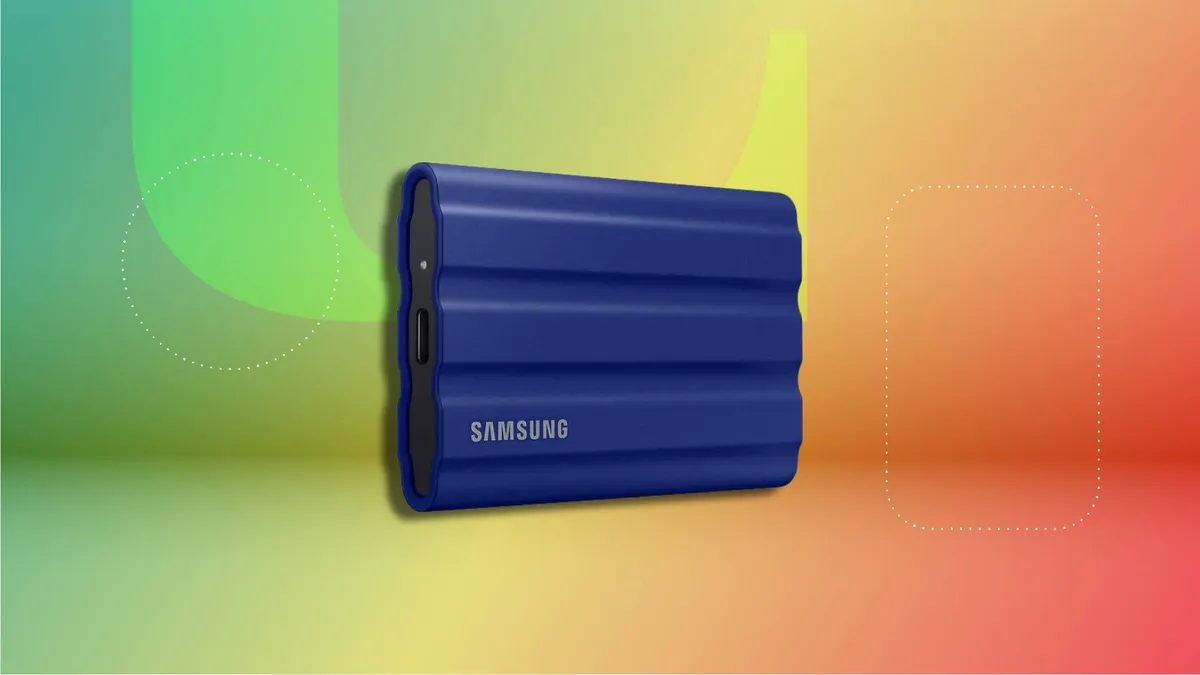Copyright bizwatchnigeria

If you’re one of the many Nigerians using ChatGPT for work, study, or creativity, you might want to check your billing email. OpenAI, the company behind the world’s most popular AI chatbot, has quietly announced that its paid users in Nigeria will soon be charged more. No, the company didn’t raise prices — the Nigerian government did. Starting November 1, 2025, OpenAI will begin collecting 7.5% Value Added Tax (VAT) from Nigerian users subscribed to ChatGPT Plus, its premium plan. That means the familiar $20 monthly bill (roughly ₦31,500) will now rise to about ₦33,862.50. It’s not a massive jump, but it’s enough to make users pause and think: “Wait — we’re taxing AI now?” What’s Really Changing OpenAI sent out notification emails to Nigerian subscribers in early October, explaining that VAT would now apply to all billable products and asking users to update their billing details — including their Tax Identification Number (TIN). If this feels familiar, that’s because it is. Netflix, Apple, Google, Amazon, and Meta (yes, Facebook and Instagram’s parent company) have all introduced VAT charges for Nigerian users in recent years. In other words, OpenAI is simply joining the queue of global tech companies adapting to Nigeria’s evolving digital tax framework. And honestly, this move was inevitable. As Nigeria’s economy becomes increasingly digital, tax regulators want a slice of the revenue flowing out of the country through foreign tech subscriptions. So, Why Tax AI? You might wonder — why would anyone tax a chatbot? It doesn’t sell movies or phones or deliver food. But under Nigerian law, digital services are now treated just like physical goods. The Value Added Tax (Amendment) Act of 2020 extended VAT collection to “electronic, digital, and remote services.” Section 10 makes it clear that if a company outside Nigeria provides paid digital services used in Nigeria, it must collect VAT on behalf of the Federal Inland Revenue Service (FIRS). It’s not personal — it’s policy. From a policy standpoint, the logic makes sense. Local Nigerian businesses already pay VAT on sales, while international platforms often didn’t. That imbalance meant foreign firms could undercut local ones. By enforcing VAT collection on platforms like ChatGPT, the government aims to level the playing field. There’s also a global context here. Countries from the UK to Kenya have started taxing foreign digital platforms. As the digital economy expands, governments are trying to capture lost tax revenue — and Nigeria, with one of Africa’s largest tech user bases, isn’t sitting this one out. How It Affects Users in Nigeria Let’s be clear: free ChatGPT users won’t feel a thing. The free version stays exactly as it is — no charges, no taxes. But if you’re on ChatGPT Plus, you’ll start noticing the slightly higher bill in your next renewal cycle. For many Nigerians — freelancers, content creators, coders, and students — ChatGPT has quietly become an essential work companion. So, an extra ₦2,300 a month might sting a little. Still, there’s a silver lining. Paying VAT also means OpenAI will issue more transparent, tax-compliant invoices. That’s great news for registered businesses and freelancers who need proper receipts for accounting or tax deductions. So while the cost increases, the process becomes cleaner. A Small Change With a Bigger Meaning At first glance, this may look like just another tax. But step back a bit — it’s actually a glimpse into how Nigeria’s economy is adapting to a digital-first world. For years, global tech companies earned millions in Nigeria without directly contributing to public revenue. Now, the FIRS wants its share — and honestly, it’s not an unreasonable demand. If people use a product here, why shouldn’t the government earn from it? There’s also the symbolism. Taxing something as intangible as AI signals that Nigeria’s tax system is maturing. It’s not just about oil or imported goods anymore; it’s about digital tools, software, and the online services that shape our daily lives. And while no one enjoys paying more, these small policy changes often lay the groundwork for larger economic reforms. Who knows — maybe someday, those extra few naira will fund better digital infrastructure or education. (We can hope, right?) What You Should Do Now If you’re already a ChatGPT Plus subscriber, here’s what’s worth noting: You don’t need to resubscribe. VAT will be automatically added to your next payment. Check your billing email for the updated invoice breakdown. Add your TIN (if you have one) in your OpenAI billing settings for proper record-keeping. VAT applies from November 1, 2025 — not before. For casual users, this is a good time to reflect on whether the Plus plan truly fits your needs. The premium tier offers faster performance, access to GPT-4, and priority use during peak hours. But if you only use ChatGPT for the occasional email draft or creative prompt, the free version might still serve you just fine. Zooming Out: What This Means for the Future Beyond the numbers, this move tells a broader story. It’s about how the lines between technology, economics, and governance are blurring. AI is no longer just a buzzword — it’s infrastructure. And like all infrastructure, it’s entering the realm of regulation, taxation, and public accountability. For professionals and businesses, this shift is a reminder: as the digital economy expands, compliance will matter more than ever. Whether you’re a startup using foreign software tools or a freelancer billing international clients, taxes are now part of the conversation. And for the average user, it’s one more sign that AI isn’t some faraway concept anymore. It’s here, it’s taxable, and it’s shaping the way we live and work in Nigeria. So yes, your ChatGPT subscription just got a little pricier — but it also just became a little more “real.”



